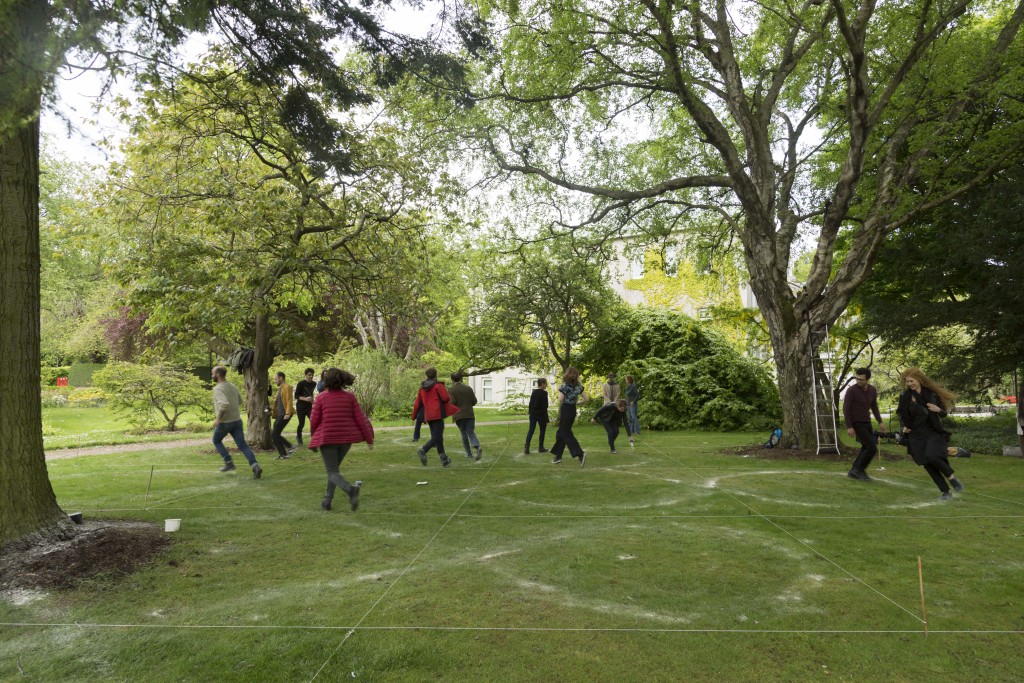16.03.2018
conférence de Tim Ingold à l’EnsAD
Art and anthropology for a living world
Jeudi 29 mars 2018, 18h30-20h
Amphihéâtre Rodin
Conférence en anglais modérée par Sophie Krier, ouverte au public dans la limite des places disponibles. Inscription obligatoire : evenement.recherche@ensad.fr
La conférence s’inscrit dans le programme du séminaire doctoral d’EnsadLab et dans le projet de recherche « Prendre le parti des choses. Publications hybrides sur les processus de création », dirigé à Ensadlab par Francesca Cozzolino (enseignante-chercheure, Ensadlab/ Lesc) avec la collaboration de Pierre-Olivier Dittmar (maître de conférences, EHESS, Techniques&Culture), et le soutien de l’Université PSL dans le cadre du projet IRIS «Création, cognition et société».
 Emile Kirsch, Knowing from the Inside / Counting Kolams Workshop, 2017Tim Ingold est anthropologue et maître de conférences en anthropologie sociale, University of Aberdeen.
Emile Kirsch, Knowing from the Inside / Counting Kolams Workshop, 2017Tim Ingold est anthropologue et maître de conférences en anthropologie sociale, University of Aberdeen.
« Art and anthropology for a living world »
Synopsis :
Traditionally, the disciplines of anthropology and art have faced in opposite directions: the former dedicated to understanding forms of life as we find them; the latter to the creation of forms never before encountered. This talk is founded on the premise that the traditional opposition is untenable. Not only would the work of art carry no force unless grounded in a profound understanding of the lived world; but anthropological accounts of the manifold ways along which life is lived would also be of no avail unless brought to bear on speculative inquiries into what the possibilities for human life might be. Thus art and anthropology have in common that they observe, describe and create. Their orientations are as much towards human futures as towards human pasts: these are futures, however, that are not conjured from thin air but forged in the crucible of contemporary social lives. Their aim is to join with these lives in the common task of fashioning a sustainable world – one that is fit for coming generations to inhabit. By sustainability is not meant the maintenance of human environmental relations in a steady state, but rather the possibility for life to carry on. In such a world, the fashioning of things must also be their unfinishing, so as to allow every generation to begin afresh. With examples drawn from studies of landscape, craft, building and the performing arts, the implications of this view for the principles and practice of artistic and anthropological research will be discussed.
